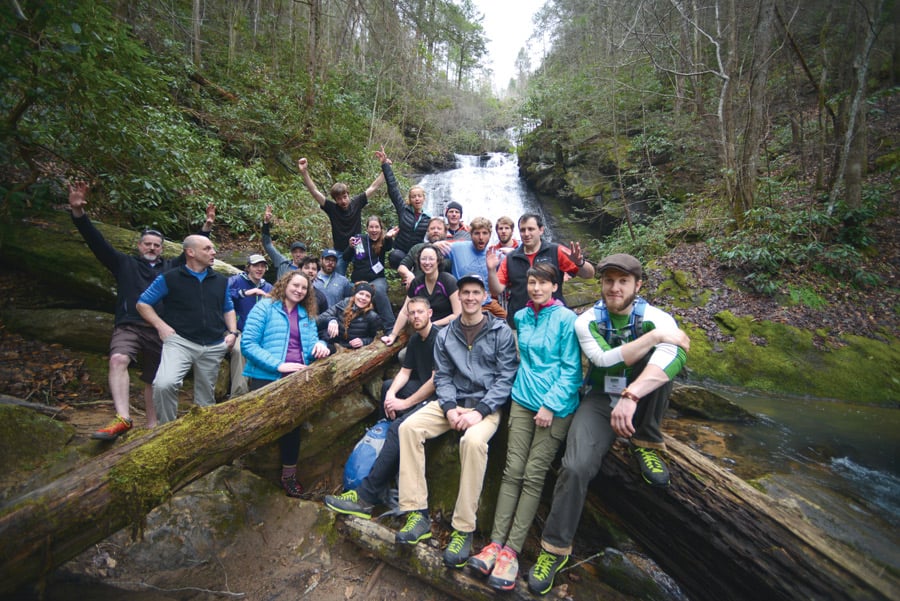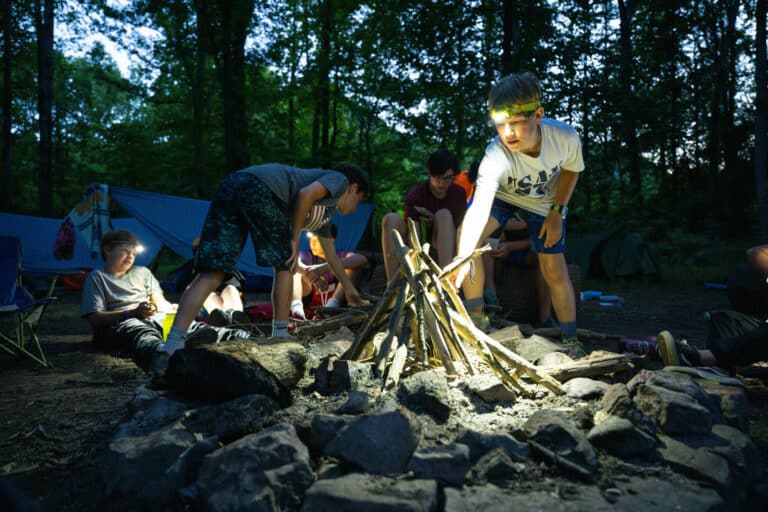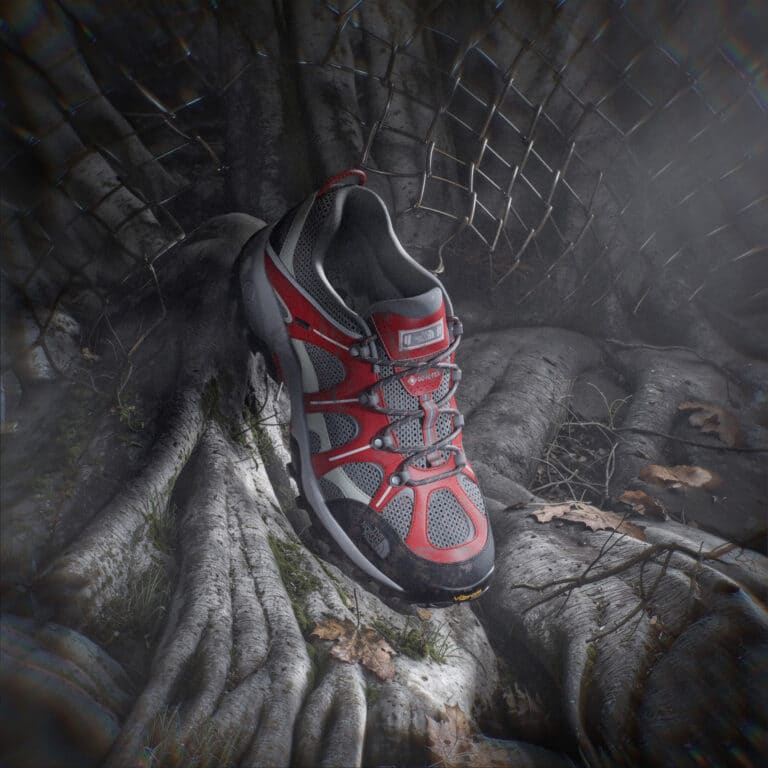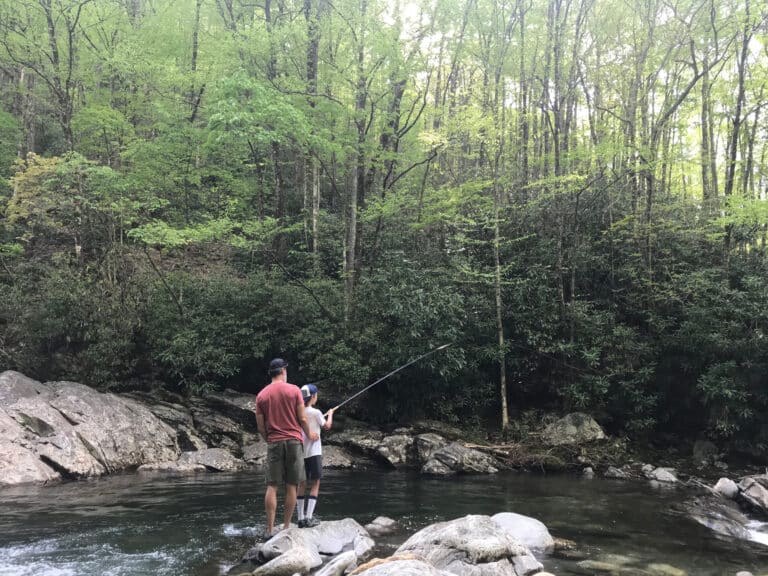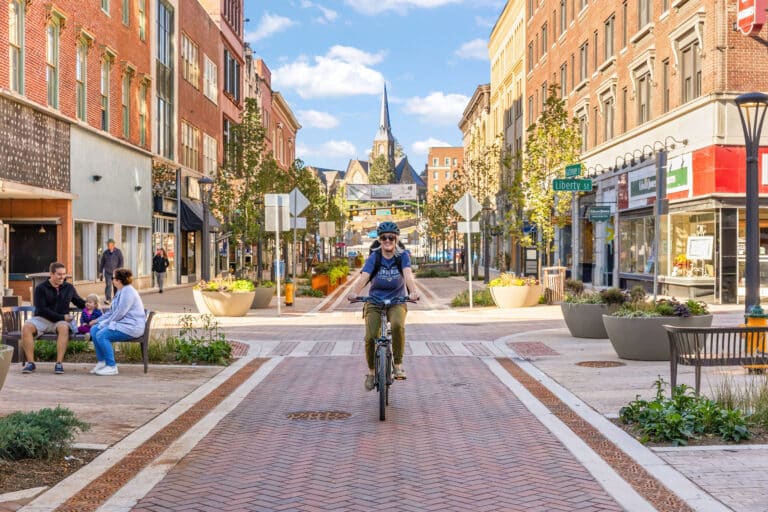Have you ever heard of the butterfly effect? It’s the idea that a butterfly flapping its wings in Africa can trigger a chain of events resulting in a massive and destructive hurricane spiraling through the Atlantic. In spite of its power, the whole system begins with the air manipulated by a single pair of tiny wings. This is how my career in the outdoor industry began.
While it was never part of the plan, a few key events changed the course of my life. One of them was a kayak shuttle ride with a friend, who casually mentioned that he was moving on from his management role with his kayak sponsor, and that he thought I would make an excellent fit to replace him. Before I knew it, I was working for a paddling company and landing more sponsors for my paddling pursuits. It was a dream come true.
But it hasn’t been all roses. Any field or profession has its downsides, and it’s important to be aware of those before deciding on a career or making the sacrifices to switch from a current one. Here is an honest look inside the everyday workplace of the outdoor industry.
Many positions in the industry involve long hours and low pay. Businesses depend on leisure spending and disposable income—two things that dry up in tough economic times. As a sponsored athlete, I learned this in a vivid way over the last economic recession, when my salaries were slashed or eliminated from different partnerships.
Weather and environmental factors can have huge effects on the ebb and flow of revenue. During a rainy summer, the mountain bike industry will take a big hit, while whitewater rafting revenue may increase. That same rain may mean a dry winter, which negatively affects ski resort business.
The entire industry depends on consumer interest. Will the next generation continue to recreate outdoors or will they turn their attention towards traditional sports, video games, or social media? The answer to this is pivotal to the health of the outdoors industry.
But here is the secret that keeps the outdoor industry growing and thriving, even amid tough economic times: the incredible passion of the people within it.
I’m talking intimidating, chills-down-your-spine, cut-it-with-a-knife passion running through the veins of nearly every person who works in this space. The collective passion occurs for one primary reason: the activities and sports that drive the industry are beautiful. There aren’t many things that can compare to hiking the A.T. across Roan, or riding a mountain bike through a valley of ferns in Pisgah. Providing the products and services that make these things possible gives a deep sense of purpose. This purpose in turn drives innovation and also allows for fantastic work-life balance. I have friends who work for bike companies that host lunchtime rides every day, and others whose paddlesports employer sends them to Costa Rica for an annual week of surfing and relaxation. Interpersonal bonds are as tight as they get, and when everything is weighed out, working in the industry is worth it.
How can you get your muddy boots in the door?
Develop your network. Many of the biggest opportunities are sealed not with a flashy resume and extensive interview process, but rather with two parties knowing each other’s reputation and acknowledging mutual opportunity.
Be a hustler. “Be hungry. Take unpaid internships. Demonstrate simple hard work and determination,” says Stasia Raines, director of marketing and communications at Outdoor Nation.
Wear many hats. Most companies in this sphere are small and in a state of flux, so it’s important to be willing to compromise and take on different roles—and also to be excited about it. William Irving, vice president of leadership development at Nantahala Outdoor Center, puts it like this: “Guides who are flexible and bring a varied skill set allow us to adapt to the ever-changing needs of the company and operating season. When asked to wear multiple hats and be trained in many areas, these people expand their usefulness to the company and also sustain themselves throughout the year.”
Be true to your passions. Authenticity is key in the outdoor industry. Kelley Freridge, digital marketing specialist at Chaco Footwear, encourages candidates to walk the walk. “Live the life you’re trying to sell. If you want to sell skis, be a skier.”
Surround yourself with great people. Neko Mulally, a pro downhill mountain biker and member of Trek World Racing, acknowledges the importance of his peers in his development. “As an athlete, one of the enablers was definitely my community. My hometown of Redding, Penn., has a great downhill scene that helped me progress, and the Gravity East race series allowed me to test the skills I would need for international competition.”
Brandon Blakely, engineer at Cane Creek Cycling Components, explains: “Your work plus your passion equals a lifestyle. I love what I do, but I need to be careful to keep it alive. I realize that burnout is possible with this much riding, and my sport is so special to me, I need to be careful not to allow work to change that.”
A decision to work in this world does not guarantee an easy life. There will be obstacles and challenges, long hours and frustrations. But they are easily overcome by working alongside passionate, like-minded people, who share a common goal of getting people outdoors.
